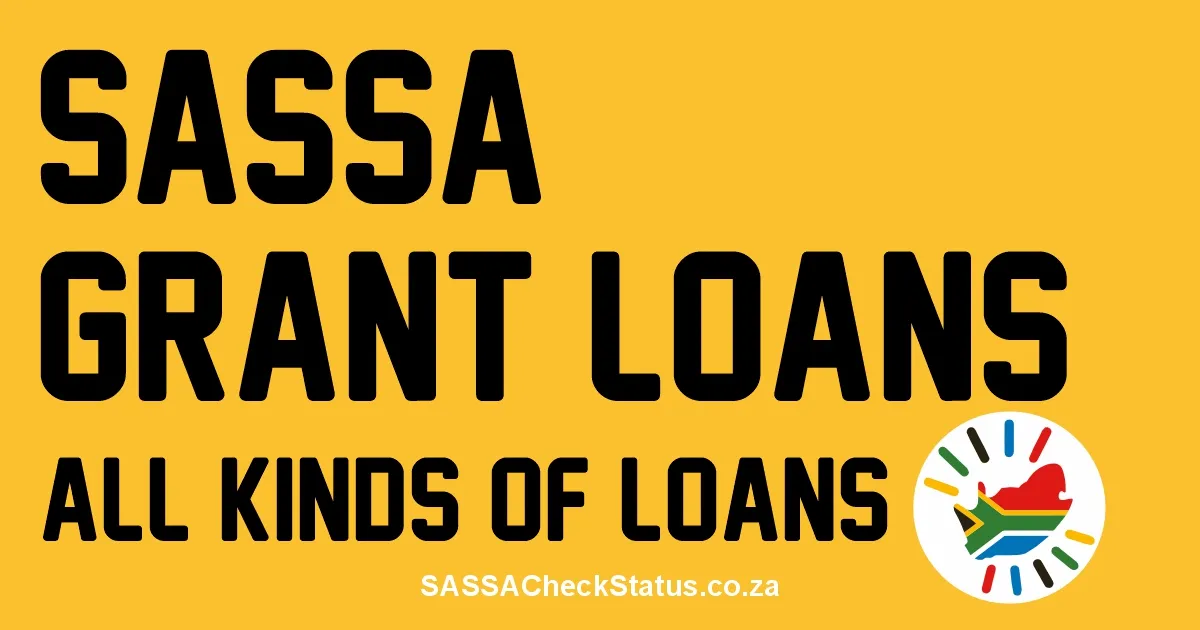
Are you a SASSA grant beneficiary struggling with unexpected expenses? Loans for SASSA grant beneficiaries have become increasingly common, but navigating this market requires extreme caution to avoid predatory lenders and financial traps.
While SASSA doesn’t provide loans directly, several legitimate financial institutions offer credit products specifically designed for grant recipients. However, the vulnerability of beneficiaries has also attracted dangerous loan sharks who exploit people’s desperation, often taking SASSA cards as collateral and charging illegal interest rates that can destroy lives.
Important Truth About SASSA Loans
The most crucial fact to understand is that SASSA itself doesn’t provide any loans whatsoever. Any advertisement, SMS, or social media post claiming you can get a “SASSA loan” directly from the agency is a complete scam. SASSA’s role is strictly limited to distributing social grants to eligible South Africans.
What people commonly call “SASSA loans” are actually credit products offered by private banks and microfinance institutions that consider your grant as a source of income when assessing your loan application. These lenders view your monthly grant payments as relatively stable income, making you eligible for certain loan products.
Legitimate Loan Options for Grant Beneficiaries
Registered Banks and Financial Institutions
Several reputable, registered financial institutions offer loans to SASSA beneficiaries through legal channels that comply with South African regulations.
Capitec Bank
Capitec Bank offers personal loans up to R250,000 for qualifying SASSA beneficiaries. They provide some of the lowest interest rates in the market and include credit insurance with their loan products. You can apply through their mobile app or visit any Capitec branch with your ID document and proof of SASSA grant payments.
African Bank
African Bank specializes in personal loans with flexible terms and competitive interest rates. Their customer-focused approach includes a straightforward application process designed to help beneficiaries access credit without complicated procedures. They consider various SASSA grants as qualifying income sources.
Finbond Mutual Bank provides unsecured personal loans ranging from R500 to R20,000 for SASSA beneficiaries. Their repayment terms extend up to 24 months, and they offer fixed interest rates. You must be 21 years or older, have a South African ID, and maintain a bank account in your own name.
Shoprite Money Market Services
Shoprite offers affordable, unsecured loans specifically targeting SASSA beneficiaries at relatively lower interest rates compared to many other lenders. You can apply by visiting your nearest Shoprite office in person or contacting them through their official channels. Their application process is designed to be accessible for grant recipients.
Microfinance Institutions
The Microfinance South Africa (MFSA) represents over 1,400 registered credit provider offices that operate legally under National Credit Regulator supervision. These institutions often provide smaller loans with more flexible terms than traditional banks, making them suitable for beneficiaries who need modest amounts.
Microfinance lenders typically offer loans ranging from R500 to R5,000 with repayment periods between one and six months. They’re regulated by the National Credit Act and must conduct affordability assessments before approving loans.
Dangerous Loan Sharks and How They Operate
The Mashonisa Threat
Loan sharks, locally known as “mashonisas” or “skoppers,” pose the greatest danger to SASSA beneficiaries. These illegal lenders specifically target vulnerable grant recipients, including elderly pensioners, disabled individuals, and single mothers receiving child support grants.
Research shows that mashonisas charge illegal interest rates between 30% to 100% per month – rates that make repayment virtually impossible. They operate primarily in rural areas and informal settlements where formal banking services are limited and desperation runs high.
How Loan Sharks Trap Beneficiaries
The predatory lending process typically follows a devastating pattern. Mashonisas approach beneficiaries who need urgent cash, offering quick money with minimal paperwork. However, they demand your SASSA card, ID document, and PIN as “security” for the loan.
Once they have your documents, you lose control of your grant money entirely. The loan shark withdraws your monthly grant, keeps most of it to “service” the debt, and provides you with minimal amounts for basic survival. This creates a cycle where you become completely dependent on the mashonisa for access to your own money.
In extreme cases documented by researchers, loan sharks have been found taking out life insurance policies on heavily indebted beneficiaries, naming themselves as beneficiaries. Some cases have involved suspicious deaths where the loan shark collected insurance payouts after the borrower’s death.
Legal Consequences and Reporting
Taking someone’s SASSA card as loan security is completely illegal under South African law. The Social Assistance Act of 2004 explicitly prohibits using social grants as collateral for any form of credit. The National Credit Act also makes it illegal for lenders to keep bank cards, SASSA cards, or ID documents as security.
If you’ve fallen victim to a loan shark or know someone who has, report it immediately to:
- SASSA Fraud Hotline: 0800 701 701
- SASSA Head Office: 0800 60 10 11
- South African Police Service
- National Credit Regulator
How to Identify Legitimate vs Illegal Lenders
Signs of Legitimate Lenders
Registered lenders must display their National Credit Regulator (NCR) certificate prominently. You can verify any lender’s registration status by checking the NCR website or calling their offices directly. Legitimate lenders will:
- Conduct proper affordability assessments
- Provide clear, written loan agreements
- Charge interest rates within legal limits
- Never demand your SASSA card as security
- Allow you to keep all your identity documents
- Provide cooling-off periods for loan agreements
Red Flags of Loan Sharks
Avoid any lender who:
- Refuses to show NCR registration
- Demands your SASSA card or PIN
- Charges interest rates above 70% per annum
- Pressures you to sign immediately
- Operates only through word-of-mouth
- Threatens violence for late payments
- Offers loans through unsolicited SMS or WhatsApp messages
Eligibility Requirements for Legitimate Loans
Basic Qualification Criteria
To qualify for legitimate loans as a SASSA beneficiary, you typically need to meet these requirements:
- Age and citizenship: You must be at least 18 years old (some lenders require 21+) and have South African citizenship or permanent residency. Refugees with proper documentation may also qualify with certain lenders.
- Valid documentation: You need a valid South African ID document and proof of your SASSA grant payments. Bank statements showing regular grant deposits strengthen your application significantly.
- Banking requirements: You must have a bank account in your own name. Using someone else’s account, even a spouse’s, can lead to automatic rejection and payment complications.
- Income verification: Lenders will verify your grant payments through SASSA’s systems and may request recent payment statements. Some lenders also consider additional income sources if you have any.
Affordability Assessment Process
Legitimate lenders are legally required to conduct affordability assessments before approving loans. This process involves reviewing your monthly grant amount, existing debts, and basic living expenses to ensure you can realistically afford the loan repayments.
The assessment typically considers your grant amount minus reasonable living expenses for food, transport, and housing. Most lenders won’t approve loans if repayments would exceed 30-40% of your available income after essential expenses.
Financial Protection Tips for Beneficiaries
Safeguarding Your SASSA Card
Never give your SASSA card, PIN, or ID document to anyone under any circumstances. Keep your PIN confidential and change it regularly at SASSA-approved ATMs. If your card is lost or stolen, report it immediately to SASSA and your bank.
When collecting your grant, avoid obvious patterns that loan sharks might observe. Vary your collection times and locations when possible, and don’t carry large amounts of cash after collection.
Building Financial Resilience
Create a simple budget tracking your grant income and essential expenses. This helps you understand what you can afford and makes it easier to resist predatory lending offers. Consider joining community savings groups (stokvels) where members pool resources and provide mutual financial support.
Look into government financial assistance programs beyond grants, such as housing subsidies or skills development programs that might improve your long-term financial situation. These programs can reduce your dependence on credit for basic needs.
Comparison of Loan Options for SASSA Beneficiaries
| Lender Type | Loan Amount | Interest Rate | Security Required | Processing Time |
| Major Banks | R1,000-R250,000 | 20-35% per annum | None (unsecured) | 3-7 days |
| Microfinance | R500-R5,000 | 35-60% per annum | None (unsecured) | 1-3 days |
| Loan Sharks | R200-R2,000 | 30-100% per month | SASSA card + ID | Same day |
| Credit Unions | R500-R10,000 | 15-25% per annum | Membership required | 5-10 days |
When to Consider Borrowing and Alternatives
Legitimate Reasons for Borrowing
Consider loans only for genuine emergencies like medical expenses, urgent home repairs, or educational costs that could improve your long-term situation. Avoid borrowing for consumables like food or clothing unless it’s a true emergency.
Calculate whether the total cost of borrowing (including all fees and interest) is worth the benefit you’ll receive. Sometimes delaying a purchase or finding alternative solutions makes more financial sense than taking expensive credit.
Exploring Alternatives Before Borrowing
Contact local social workers or community organizations who might know about emergency assistance programs. Some NGOs provide once-off grants for specific needs like medical treatment or school fees.
Investigate government programs beyond SASSA grants. These might include housing assistance, skills training, or small business development programs that address underlying financial challenges rather than just providing temporary relief.
FAQs About Loans for SASSA Grant Beneficiaries
Can SASSA beneficiaries legally get loans from banks?
Yes, SASSA beneficiaries can legally obtain loans from registered banks and microfinance institutions. However, SASSA itself doesn’t provide loans. Always verify that any lender is registered with the National Credit Regulator before proceeding.
What should I do if a loan shark has my SASSA card?
Report the situation immediately to SASSA at 0800 701 701 and to the police. SASSA can help you get a replacement card and block the old one. You may also need legal assistance to recover your documents and resolve any fraudulent debt.
Are interest rates higher for SASSA beneficiaries?
Yes, registered lenders can legally charge SASSA beneficiaries up to 70% per annum, compared to around 23% for middle-income borrowers. This is because grants are considered higher-risk income, though this classification is debated by consumer rights advocates.
How can I check if a lender is legitimate?
Visit the National Credit Regulator website and search their database of registered credit providers. Legitimate lenders must display their NCR registration certificate and provide you with written loan agreements that comply with the National Credit Act.
Can I use my child support grant to qualify for a loan?
Yes, child support grants are considered qualifying income by many lenders. However, remember that this money is intended for your child’s needs, so borrowing against it should only be for genuine emergencies affecting your child’s welfare.
What happens if I can’t repay a legitimate loan?
Contact your lender immediately to discuss payment arrangements. Registered lenders must follow legal debt collection procedures and can’t take your SASSA card or threaten violence. You may also contact a registered debt counselor for assistance with debt management.
Conclusion
While legitimate loan options exist for SASSA grant beneficiaries, extreme caution is essential when considering any form of credit. The vulnerability of grant recipients has created a market filled with both helpful financial services and dangerous predatory lenders who can destroy lives.
Always verify that any lender is registered with the National Credit Regulator, never give your SASSA card to anyone, and carefully consider whether borrowing is truly necessary before proceeding. Remember that your grant money is meant to provide stability and security – don’t let predatory lenders turn it into a source of financial bondage.
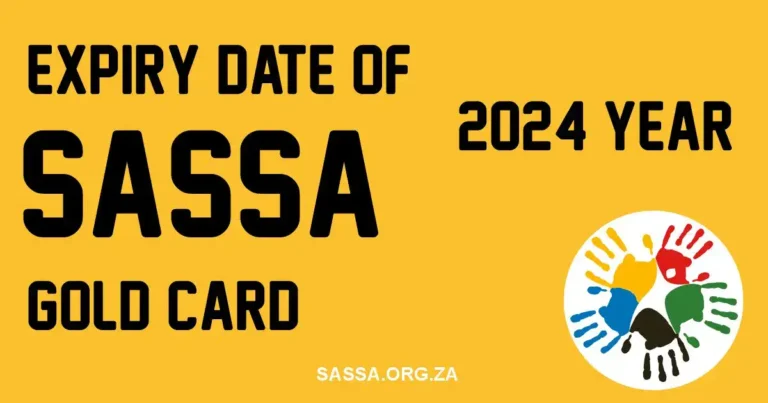
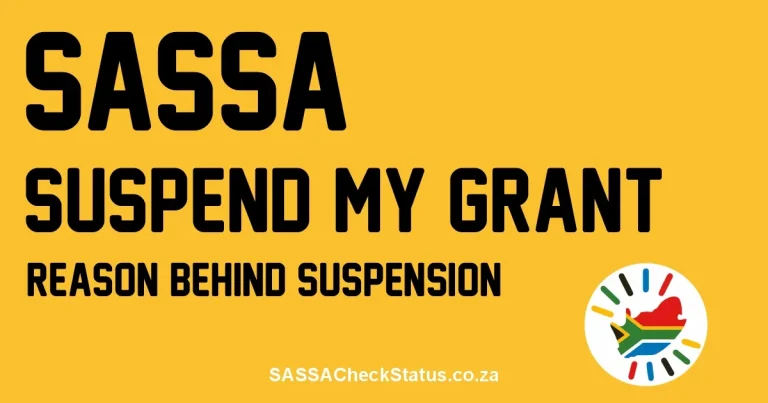
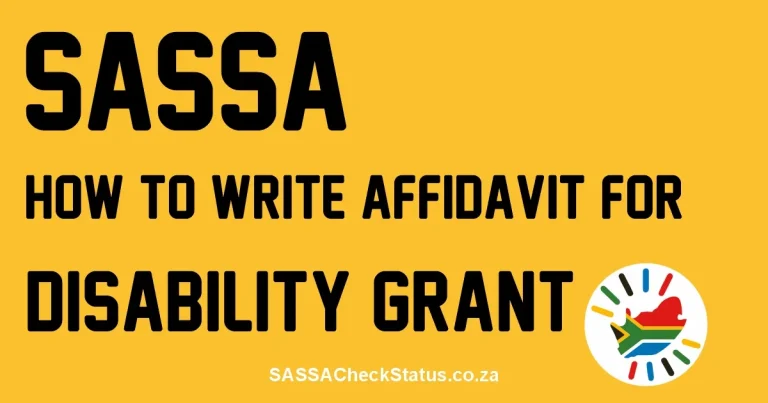
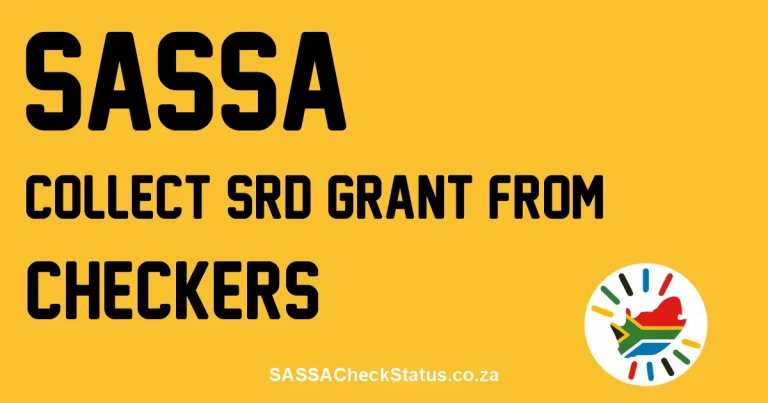
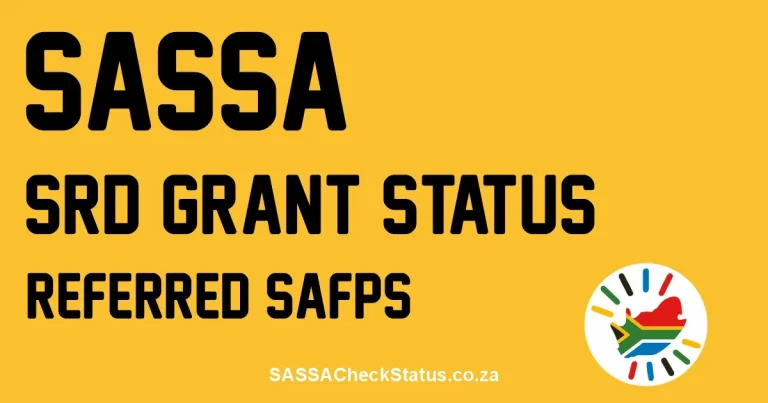
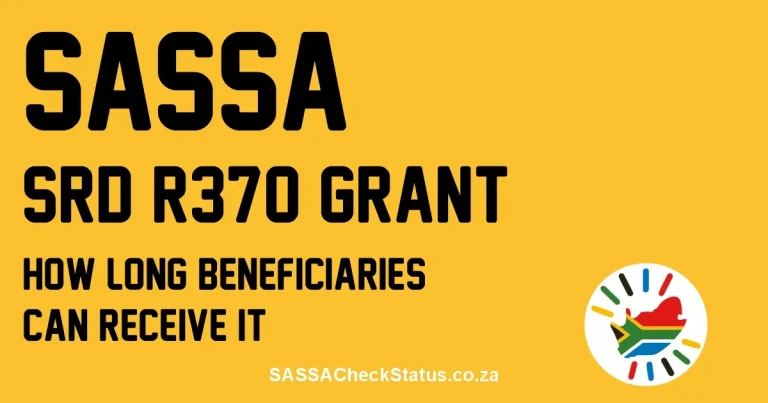
I need money for school transport
Hy I need a loan plzz help
I need a loan please I need a place for me and my kids
Need a loan
Want to buy child support
Hi I need a loan plz
I really need a loan very urgently